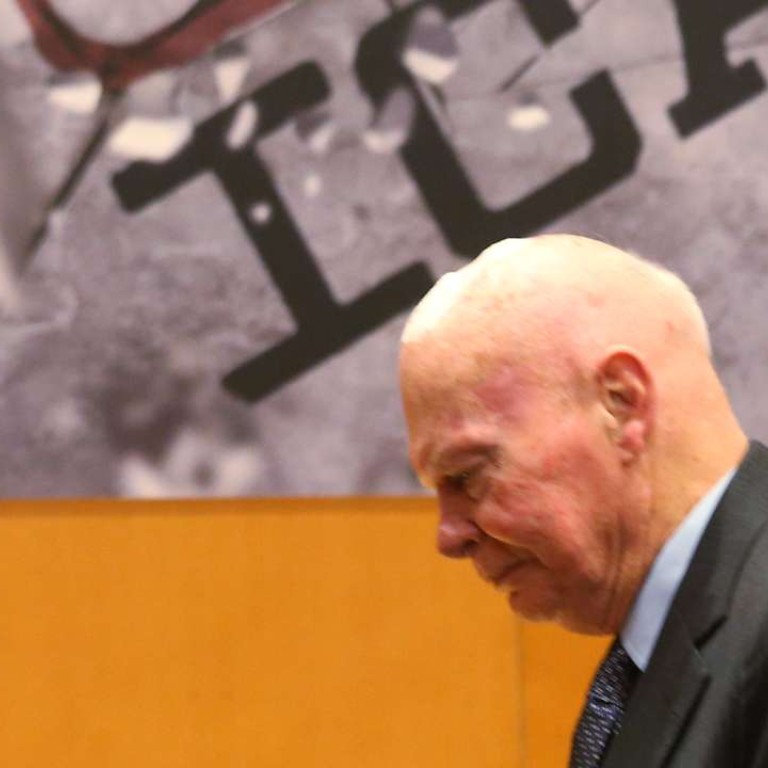
Glory days of the past do not absolve Hong Kong’s ICAC from its present problems
ICAC needs to find better ways to prevent corruption in the city, rather than talk about more independence
Former chief graft-buster Bertrand de Speville yesterday called on Hong Kong to scrap the law that makes the ICAC answerable only to the city’s leader...
Those words could be deleted, he said, so that the ICAC would be free from any interference.
SCMP, August 14
What? Free from any interference? An Independent Commission Against Corruption so independent that it is answerable only to whatever construction it chooses itself to place on the law?
No way. The idea is out of court and you have grown out of touch with this town, Mr Bertrand de Speville.
I think we would all like to know whether the resignation of a senior ICAC investigator had anything to do with interference by the chief executive into an investigation of possibly illegal payments he received. There is certainly a smell about this one.
There is also a nasty aroma of vindictiveness about the way his predecessor, Donald Tsang Yam-kuen, has been indicted on trivial corruption charges.
But while this may be a good reason to limit the chief executive’s authority over the ICAC, this agency needs more supervision, not less.
One of the ICAC’s big problems is its repeated clownishness. The way this latest affair has seen a teary-eyed senior resign and be taken back again is more redolent of student politics than of a law enforcement agency.
Then there was that fracas about the entertainment bills run up by the commissioner when this is the sort of thing the ICAC is meant to investigate, not to practise. Before that we had ICAC officers caught coaching a witness. Remember moreover the senior investigator who lost his temper in public when sacked for unreported association with an underworld boss.
The ICAC has also regularly besmirched the police by making very public arrests of policemen, intimating corruption, and then very quietly letting them go again because it never had anything on them anyway. This bunch lives on its self-created public image, not on its record.
The two charts give you an idea of why the record won’t do. Over the last decade the number of prosecutions the ICAC has initiated has fallen by half while its budget has grown by half.
And only a very small proportion of those prosecutions have anything to do with corruption. The vast majority are for ordinary crimes like theft or fraud, on which ICAC investigators just happened to stumble while sniffing up the trail of corruption. Just happened to happen, you know. They weren’t looking to boost their numbers, no.
The facts are simple. The ICAC had a real job to do in ridding us of widespread police corruption in the 1970’s and it did that job thoroughly, for which it deserved all the commendations it received.
But this is in the past now. It has since found less to do and won’t face up to this reality, choosing rather to live back in its glory days and believe its own bloated public relations campaigns.
It still has a role to play but a reduced one now. Its budget and staff numbers should be cut way back and its operations better supervised.

